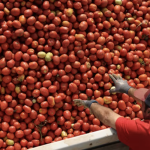Driving Regenerative Agriculture Forward - TUdi Launches Innovative Digital Tools for Soil Health
Added 7 months ago
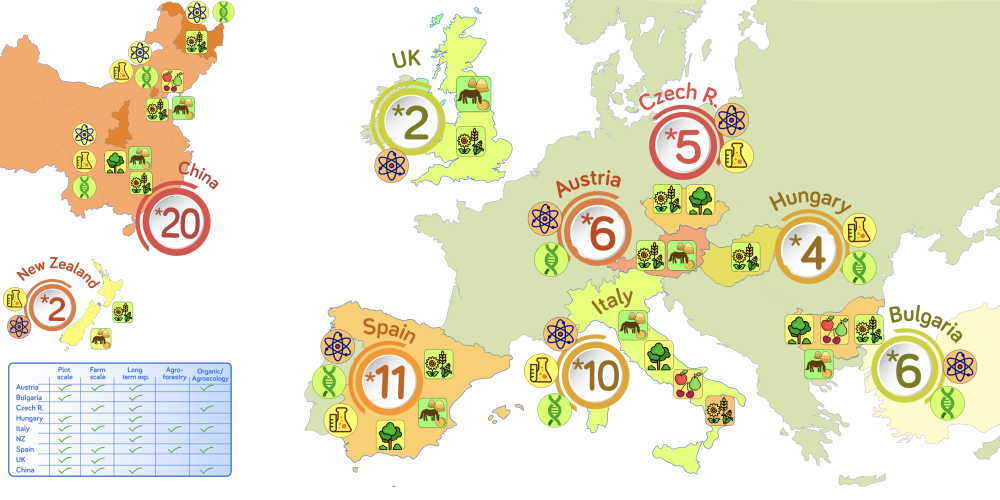
Technology is transforming every industry — and agriculture is no exception. In regenerative agriculture, which focuses on restoring soil health and biodiversity, digital tools are proving essential for better monitoring, data collection, and smarter decision-making.
TUdi, a joint initiative between the European Union and China, is funded by the European Commission and the Chinese Ministry of Science and Technology under the Horizon 2020 programme. The project aims to develop and scale soil restoration strategies across key farming systems in Europe, China, and New Zealand.
A major milestone in this mission is the release of TUdi’s Decision Support Tools (DSTs) — now available online. These tools allow farmers to monitor soil health directly at the field level. By entering data and uploading georeferenced photos, users can track changes over time and respond accordingly.
Six DSTs are currently available, each focusing on a specific aspect of soil health:
-
Soil erosion
-
Fertilisation
-
Soil compaction
-
Soil carbon
-
Soil biology
-
Soil structure
Alongside these, TUdi has introduced the Socio-Economic Toolkit to Support Soil Restoration (SEST). This tool helps farmers evaluate the financial implications of soil improvement strategies, providing detailed economic insights to support more strategic farm management.
All DSTs are accessible through the TUdi mobile app and web platform. The SEST tool is hosted separately via the TUdiSEST desktop platform.
Demonstration videos for each DST and the SEST tool are available on the TUdi project website and YouTube channel. Currently in English, additional language versions are on the way.
For a deeper dive into each tool, check out the latest issue of TUdi’s DST Newsletter.
Join the conversation
Be the first to leave a comment.
Leave a comment
All comments are reviewed before they are published on the website. Your email address will not be published.
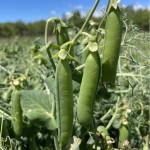
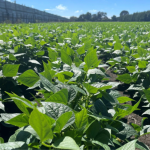

Community Engagement and Knowledge Sharing Strengthen the Carbon Positive Project
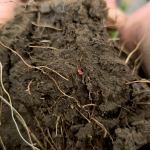
Are We Changing Soil Carbon Yet? Three Years In, the Jury’s Still Out

Farewell to Trustee Phil Schofield – A Foundational Leader of the HBFFCT
